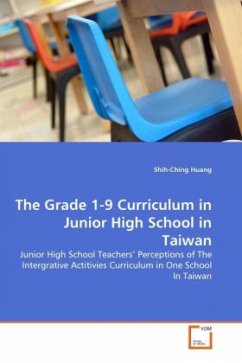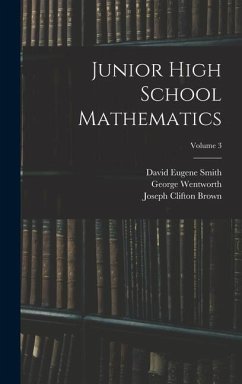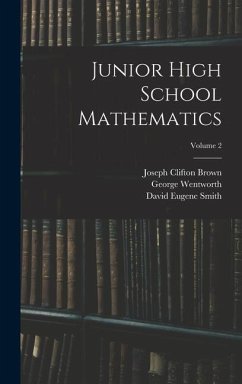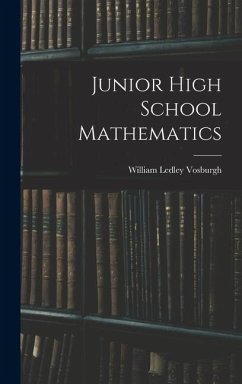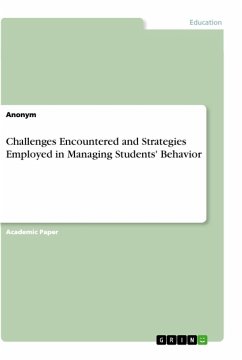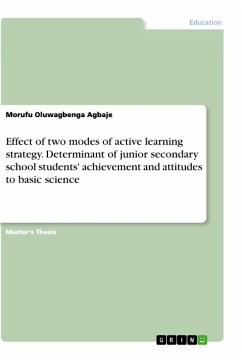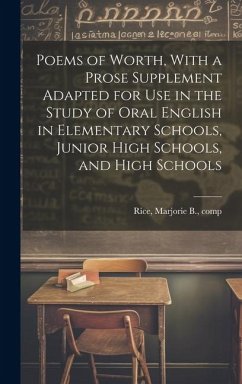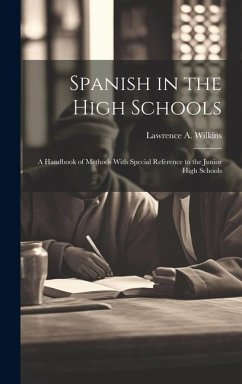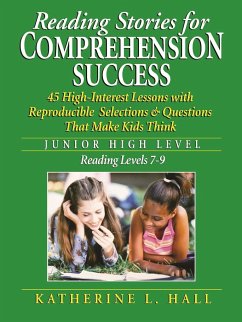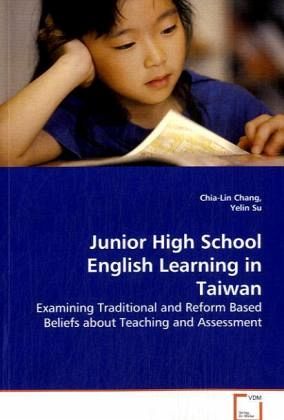
Junior High School English Learning in Taiwan
Examining Traditional and Reform Based Beliefs about Teaching and Assessment
Versandkostenfrei!
Versandfertig in 6-10 Tagen
32,99 €
inkl. MwSt.

PAYBACK Punkte
16 °P sammeln!
Studies of teacher beliefs about language learning,as compared to student beliefs, are relatively lesscommon, especially concerning English languagelearning in Asian countries. The educational reformmovement in Taiwan encourages learning English forcommunicative purposes and values individualinterests. However, many current in-service Englishteachers and parents learned English via grammartranslation method and testing, which focuses on thecorrection of language forms. As a result, theseEnglish teachers and parents may or may not sharesimilar views about the changing trends in Englishlearning....
Studies of teacher beliefs about language learning,
as compared to student beliefs, are relatively less
common, especially concerning English language
learning in Asian countries. The educational reform
movement in Taiwan encourages learning English for
communicative purposes and values individual
interests. However, many current in-service English
teachers and parents learned English via grammar
translation method and testing, which focuses on the
correction of language forms. As a result, these
English teachers and parents may or may not share
similar views about the changing trends in English
learning. A survey and an interview protocol were
served as data collection instruments. Teacher
beliefs toward English learning in Taiwan were fully
revealed in this book. The book provides the mutual
understandings between eastern and western
perspectives in terms of language education.
as compared to student beliefs, are relatively less
common, especially concerning English language
learning in Asian countries. The educational reform
movement in Taiwan encourages learning English for
communicative purposes and values individual
interests. However, many current in-service English
teachers and parents learned English via grammar
translation method and testing, which focuses on the
correction of language forms. As a result, these
English teachers and parents may or may not share
similar views about the changing trends in English
learning. A survey and an interview protocol were
served as data collection instruments. Teacher
beliefs toward English learning in Taiwan were fully
revealed in this book. The book provides the mutual
understandings between eastern and western
perspectives in terms of language education.



